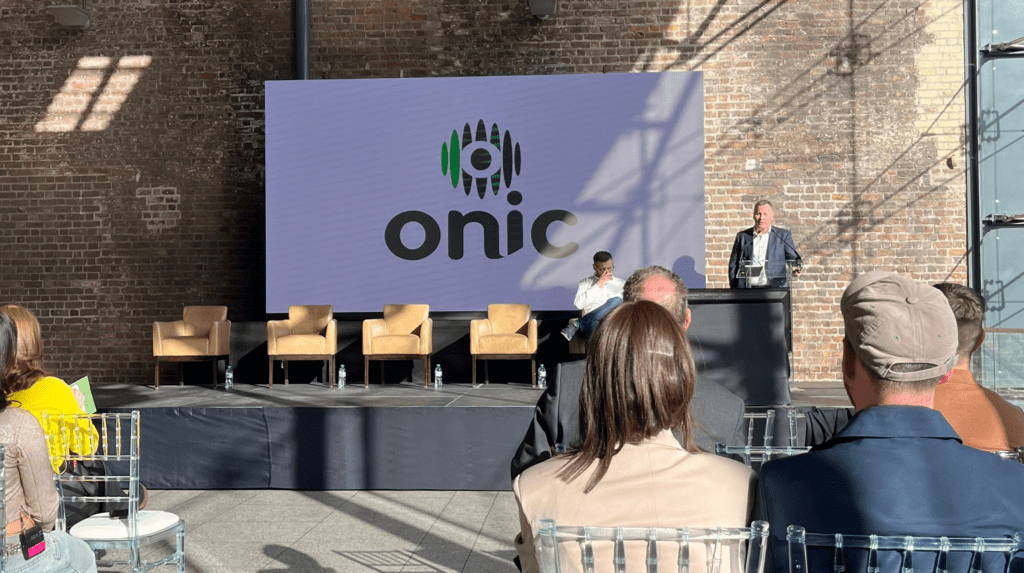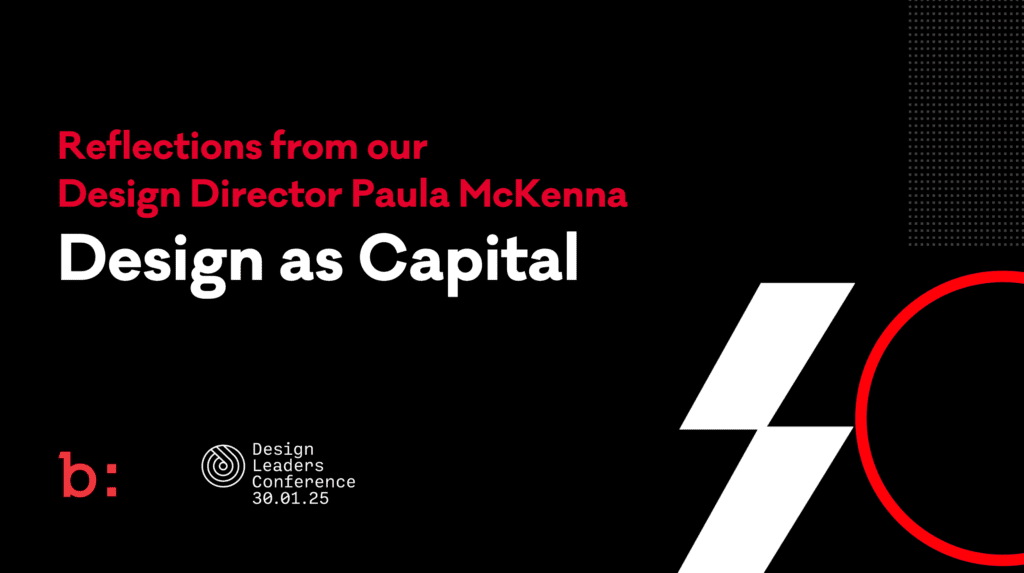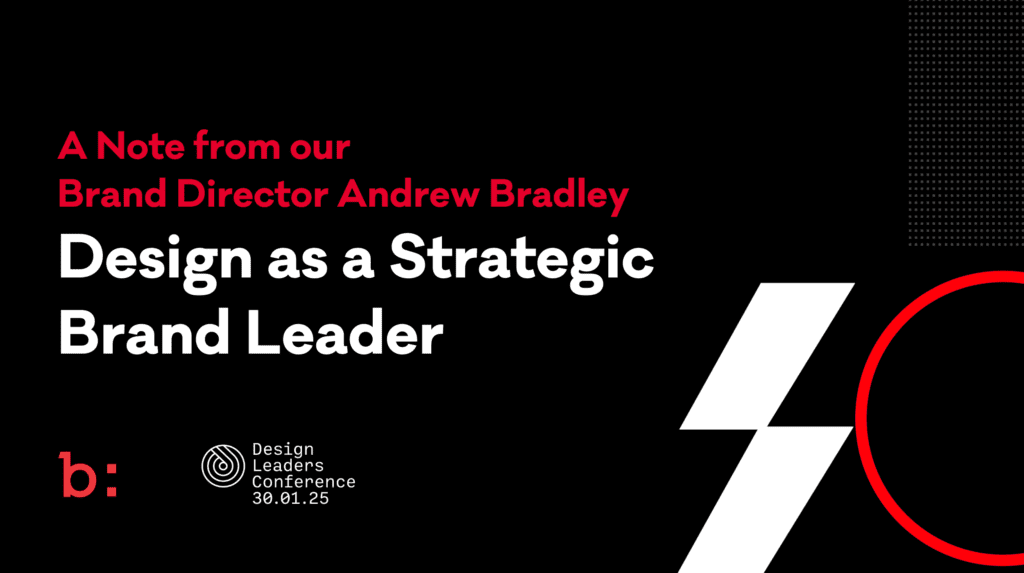There’s no doubt about it: we are all in fight or flight mode at the moment. How businesses respond during the global pandemic will impact how customers view their brand in the future. Do nothing at all, and you risk becoming irrelevant in tomorrow’s world.
We’ve certainly observed an increase in online discussions since the outbreak of Covid-19. I can’t complete a full page scroll on LinkedIn without seeing a post about what businesses and their brands should be doing in response to the social and economic impacts of the coronavirus.
The term ‘brand leadership’ seems to have been brandished about like a wooden cross in front of an advancing vampire. Some brands have nailed it. Some haven’t. McDonald’s Brazil thought they had nailed it with their ‘socially distanced Golden Arches’. Then the world told them, through social media, that they hadn’t. Apology given. Apology accepted.
However, it wasn’t just McDonald’s who was trying to show leadership by using its brand identity to express the mood of the planet. MasterCard, Audi, Coca-Cola, and even the Olympics 2020 ‘distanced’ their famous brand logo to show solidarity with the people. The problem was in doing so at this level seemed, to the watching world at least, like they were indulging in a bizarre game of one-upmanship at its worst or copying each other at best. One angry Twitter response suggested McDonald’s for example, was trying to turn the pandemic into a creative awards brief. What these brands perhaps should have done to reinforce social distancing, was to put humans at the heart of their message, showing their people (CEO, etc) as concerned parents, siblings, grandchildren, etc. just like the rest of us.
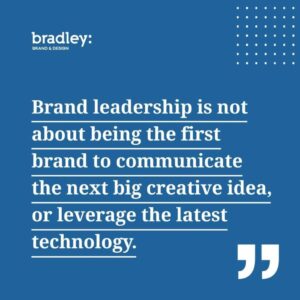
In a similar vein, many of the world’s alcoholic beverages companies (big & small) joined the race to pivot their production capabilities away from whiskey, gin, or vodka, to produce much-needed emergency hand sanitisers for our heroic front-line health care workers.
What was initially a deeply human response by corporate executives, quickly turned into a chest-beating exercise gauging by the prominence of their alcoholic drinks brand identity on the hand sanitisers. Oh, and the self-important social media posts without mentioning it was all ‘free’ didn’t nail it either. This should have been a white label humanitarian solution, not a (temporary) branded line-extension. Apology needed.
On a positive note, the much-vilified Ryanair has been leading the way in the under-siege Airline industry during the crisis, by being the fastest to refund or compensate passengers for cancelled or curtailed flights. This went some way to closing the gap in the polarisation of the Ryanair brand. Sorry Ryanair, not all is forgiven (yet).
They say necessity is the mother of all invention. But, so too is being a visionary.
A true leadership brand sees things that we can’t see. It finds a new solution before there is a perceived problem. Brand leadership is not about being the first brand to communicate the next big idea, or leverage the latest technology. It’s about moving the world in a new direction that people deep down are yearning for.
Apple Inc. moved us with its iPad when we didn’t even know we needed a screen in between our laptop and our smartphone. Innocent Drinks did it with its offbeat casual copy on its packaging when everyone else was following rigid packaged goods description guidelines. Gillette taught us there is always an even closer shave, despite us being happy with the last Mach I, II, or III they gave us.
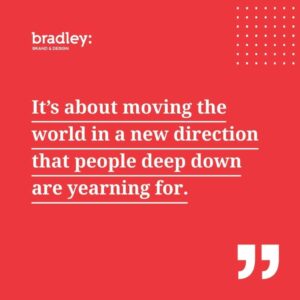
Brand leadership is about seeing flying machines in a stack of paperclips. Brand leaders come in all shapes and sizes too, as it’s not necessarily the market share leader that is the brand leader.
In these unprecedented times, consumers are looking for new solutions to new problems. They’re also very receptive to new or repurposed brands leading them in a better direction. One that has consumers’ interests at heart, not the brands. Challenger brands have this embedded in their DNA. Unfortunately, they just don’t have the budgets to shout it from the rooftops (or Brazilian billboards).
Is your business or your brand ready to step up and take a leadership role in your industry or sector? Do you have the skills, experience, and support required to reposition your brand, ready for tomorrow’s world? Is your brand agency up for the challenge?







